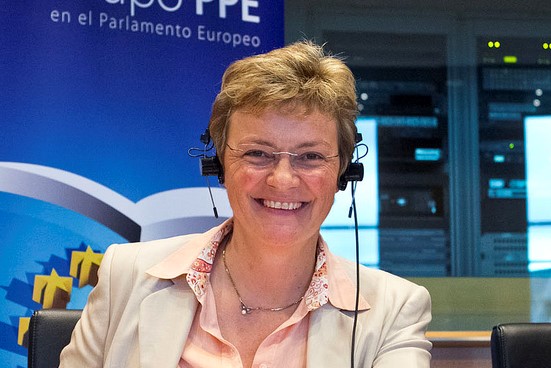Two new sets of EU rules will tie terrorists’ hands and limit their access to money for organising attacks in Europe. Today, the European Parliament’s Committee on Civil Liberties, Justice and Home Affairs gave the green light to a preliminary agreement with the Member States on improved common EU rules on money laundering and the more efficient blocking of terrorists’ access to financing.
Monika Hohlmeier MEP, the EPP Group’s Spokeswoman on the Directive on the countering of money laundering by criminal law, said: “Criminals launder two to five percent of global GDP on a yearly basis. An essential part of this money is laundered and injected into the legal economy or used to finance terrorism and international cross-border crime. Common definitions of money laundering crimes, predicate offences and a level of sanctions, which we agreed on in committee today, will massively improve cross-border police and judicial cooperation in this regard.”
Salvo Pogliese MEP, the EPP Group’s Spokesman on new rules simplifying the cross-border enforcement of freezing and confiscation orders, said: “We are introducing a single legal instrument for the freezing or confiscation of assets generated by criminal activities in all Member States thanks to which criminals will not be able to hide their illegally-gained finances around the EU. Member States will automatically recognise all decisions to freeze or confiscate these incomes issued in the EU. Confiscated assets will be re-used in areas affected by terrorist attacks or other serious crime, including compensation for families of police officers and civil servants who die carrying out their duties.”
Both legislative proposals were introduced as part of the European Commission’s Action Plan to strengthen the fight against terrorism financing following terrorist attacks around Europe in 2015 and 2016. The rules agreed in trilogue with the Council will be voted on at the September plenary session of the European Parliament.

